Russia, US hold ‘substantive’ nuclear talks after Putin-Biden summit in June
Senior Russian and American officials have restarted talks on nuclear arms control and other strategic issues in an attempt to normalize fraught bilateral relations between the world’s largest nuclear weapons powers with a focus on risk reduction.
In a follow-up to last month’s meeting between Russian President Vladimir Putin and his American counterpart, Joe Biden, in Geneva, Russian Deputy Foreign Minister Sergei Ryabkov on Wednesday met with US Deputy Secretary of State Wendy Sherman at the US diplomatic mission in the same Swiss city.
“As for the meeting’s atmosphere, I’d describe it as very down-to-earth, very businesslike, very focused, conscious and rational, to quote the statement adopted after the Geneva summit on June 16 [between Presidents Putin and Biden] — the main indicators and criteria by which I can say that the meeting was positive and rather constructive,” Ryabkov told reporters after the closed-door meeting.
The Russian diplomat said the meeting was positive for at least two reasons. “First, there were no attempts to inflict the approaches that are obviously unacceptable to us,” Ryabkov said. And second, he said, the parties were able to discuss “not only the substantive part of the upcoming strategic dialog but also outline a certain perspective.”
However, Ryabkov said that the two sides had failed to reach an agreement on the ways to overcome the current crisis “that clearly emerged in the arms control sphere.”
“We could not work out an answer to this question, it is very difficult. This issue has been long stripped of attention and we are now only in the beginning of the process of exchanging opinions about what exactly to do and how to continue our work,” the Russian diplomat stressed.
In a statement regarding the meeting, US State Department spokesman Ned Price described the Geneva consultations as “professional and substantive.” He added that after informal consultations aimed at “determining topics for expert working groups” in the next round, the two sides had agreed to hold a further plenary round of high-level talks in late September.
The Wednesday meeting was the first tangible outcome from last month’s summit between the Russian and American presidents, whose countries hold 90 percent of the world’s nuclear weapons. At the summit, they agreed to launch bilateral talks “to lay the groundwork for future arms control and risk-reduction measures.”
In a statement, the Russian Foreign Ministry also said that the talks focused on “maintaining strategic stability, the prospects for arms control, and measures to reduce risks.” It added that both Moscow and Washington looked forward to the “further development of cooperation.”
Separately on Wednesday, Kremlin spokesman Dmitry Peskov described the talks as a positive sign.
“So far, the only positive thing is the fact that we have moved from stalemate to negotiations… The mere fact that today our experts are in Geneva discussing the issues of strategic stability is a very positive sign,” he said.
The administration of former US President Donald Trump withdrew from several arms control and related agreements with Russia, provoking concern among US allies in Europe and elsewhere. The previous US administration claimed the pacts were outdated and that Russia was in persistent violation of them, allegations strongly rejected by Moscow.
Russia says any new agreement would include negotiated limits on US missile systems, which Moscow regards as a longer-term threat.
Moscow and Washington are expected to explore ways to move beyond the New START agreement, which was extended earlier this year by Biden and Putin until 2026. The treaty was due to expire last February and Trump had refused to extend it.
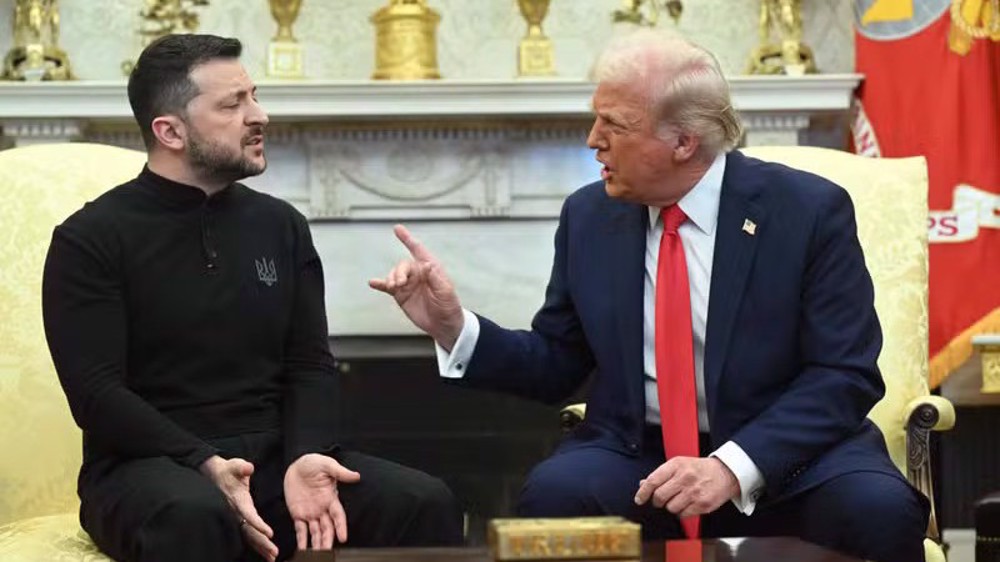
Trump, Vance rebuke Zelensky in heated Oval Office confrontation
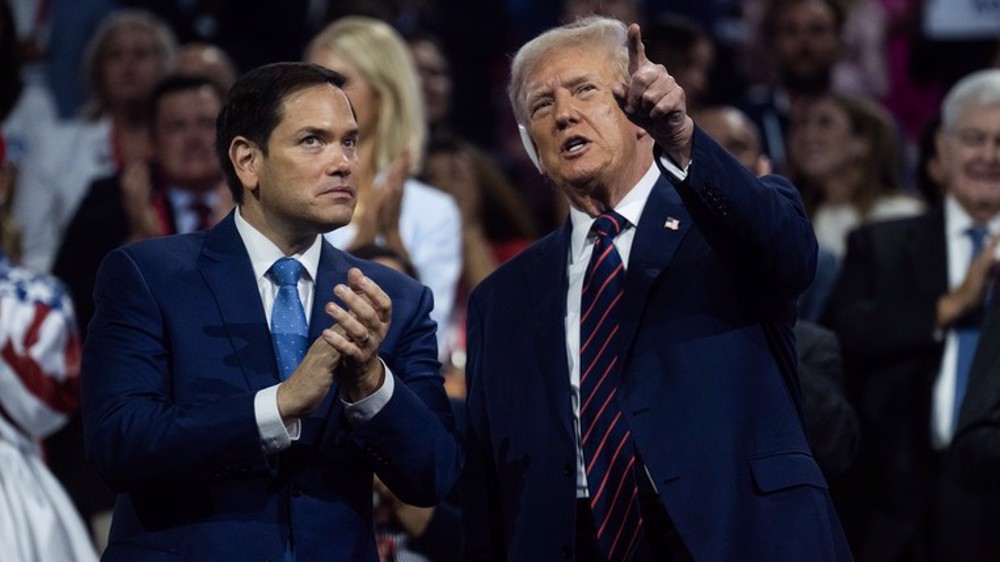
Trump seeks sweeping cuts to State Department: Report
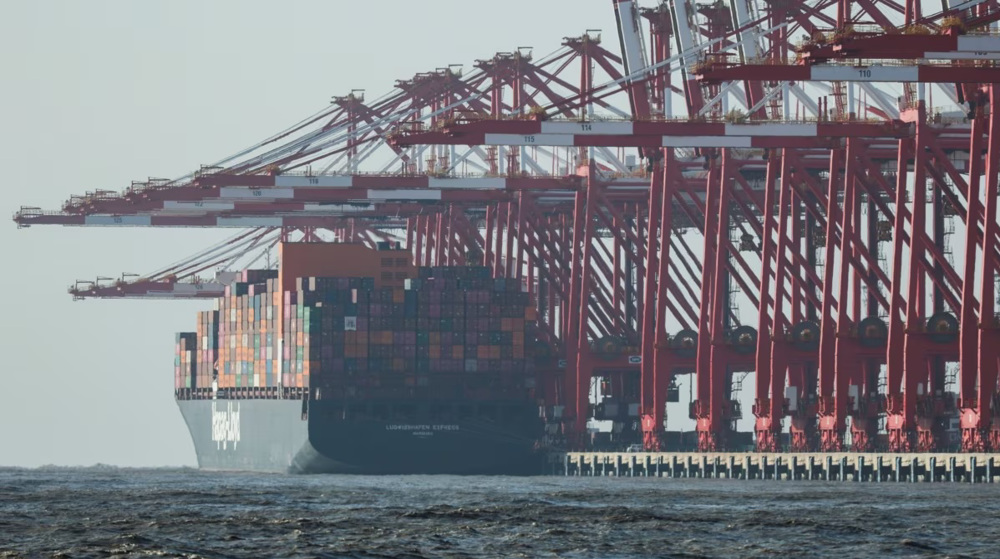
China vows response after Trump announces new 10% tariff
Houthi: Yemen ready to attack Israel if Gaza truce breaks down
VIDEO | Lost classrooms, lost childhoods: Jenin’s children struggle for education
VIDEO | Palestinians ramain steadfast despite Israel’s onslaught
VIDEO | Press TV's news headlines
Iran ready to strengthen ties with UAE based on ‘mutual interests’: Deputy FM
VIDEO | A slap in the face of imperialism
Iran remains steadfast in its ‘principled positions,’ says Foreign Ministry
VIDEO | Holding on to hope: Gazans welcome Ramadan despite hardship


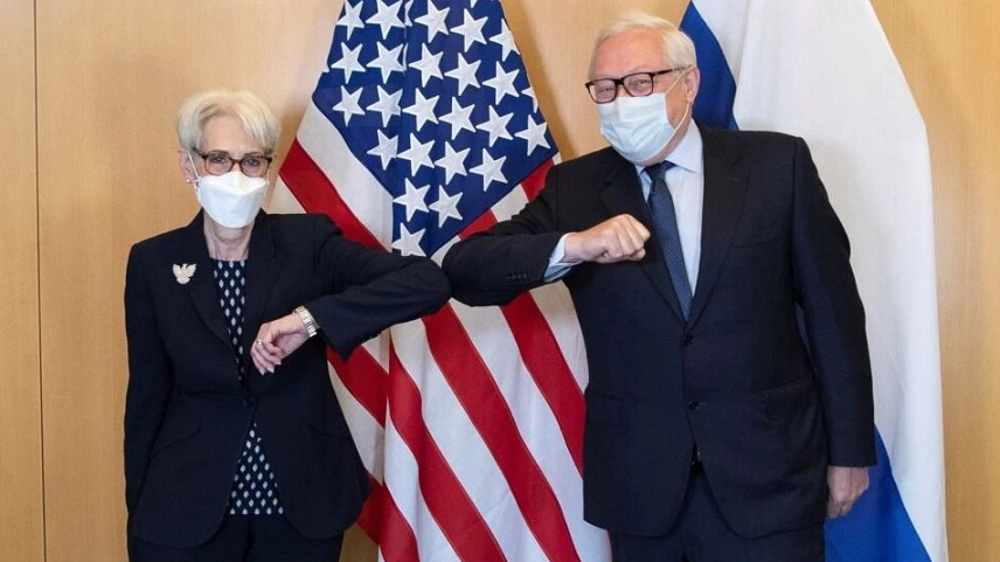
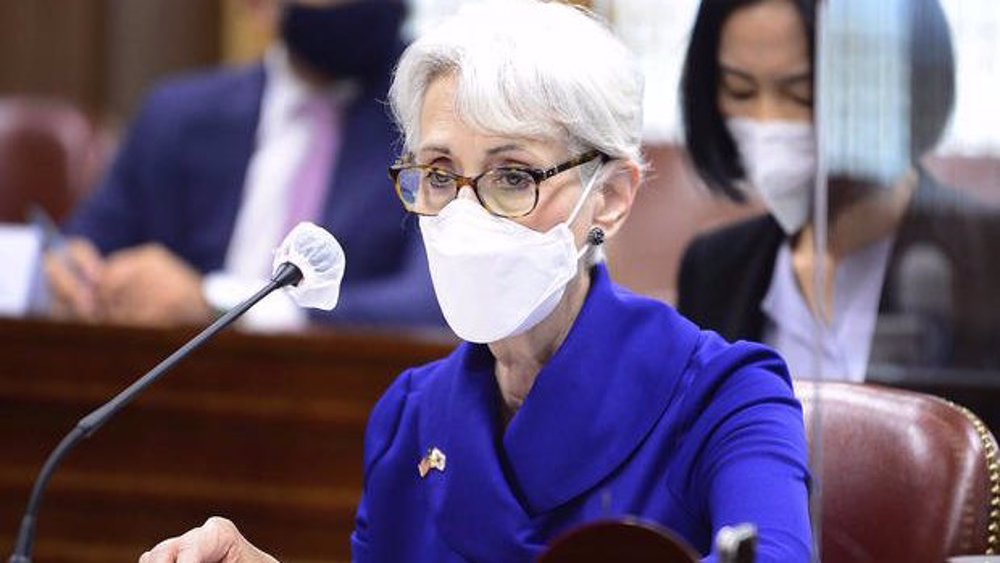
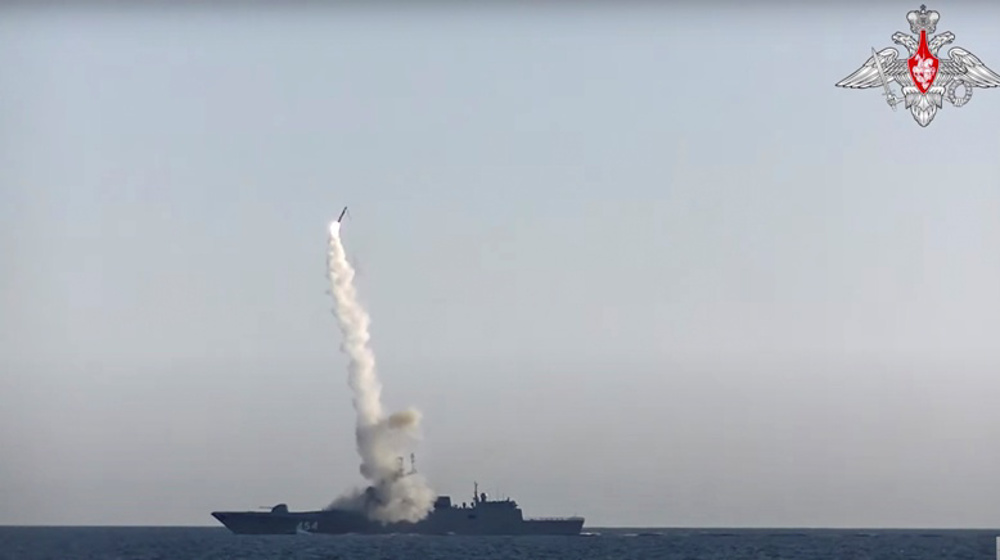



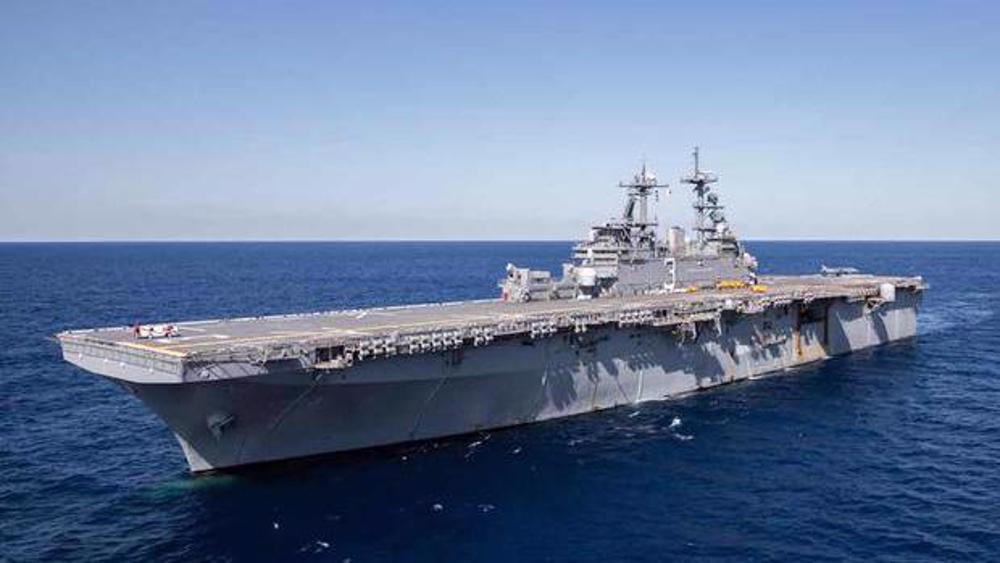
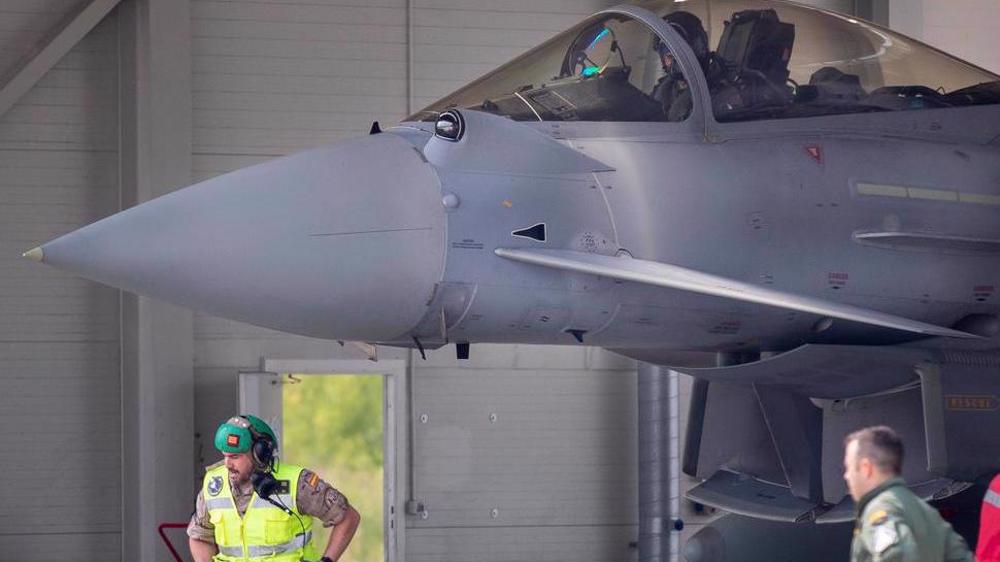

 This makes it easy to access the Press TV website
This makes it easy to access the Press TV website